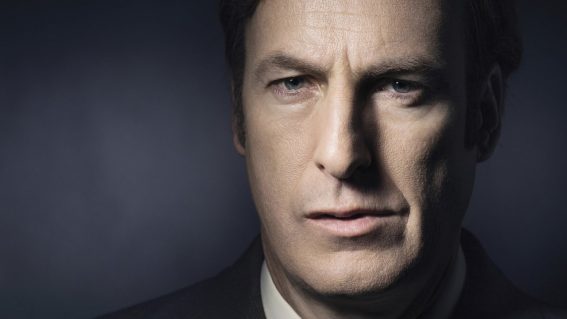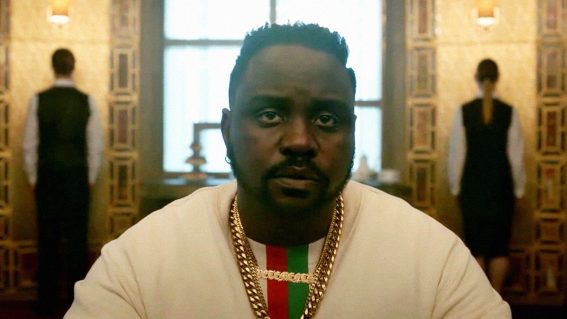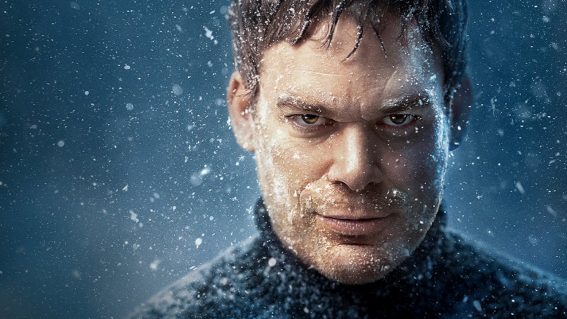Bingeable black comedy Search Party is full of mystery and Millenial mockery
Find out just how addictive the show is with three seasons streaming on Neon.
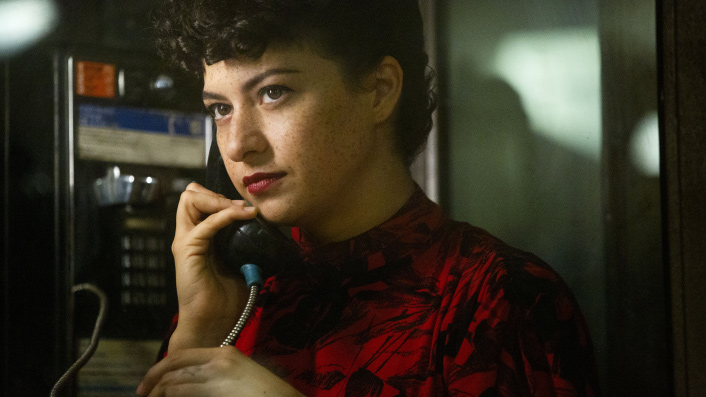
Three seasons of HBO black comedy Search Party are now streaming on Neon – including the brand new season three. Liam Maguren finds out just how addictive the show is, weaving through three very distinct seasons as it follows a group of twenty-somethings who investigate the disappearance of a former college acquaintance – and finds comedy gold in making fun of their Millenial ways.
Parks and Recreation and Breaking Bad are two of the only series I’ve properly binge-watched. There’s almost nothing these two shows have in common—one’s caricature-driven sit-com; the other’s a character-twisting crime thriller—yet they make for incredibly addictive television in their own ways.
See also:
* All new movies & series on Neon
* Everything coming to Neon in July
* The best comedy films of last decade
Search Party feels scientifically constructed to splice elements from both shows, resulting in a story that follows four entitled millennials investigating the disappearance of a person they wouldn’t even call a friend. With three seasons under its belt and a fourth in the works, it’s the TV equivalent to a tube of Pringles.
The brief 24-minute episodes, each capped by a cliff-hanger, ensure that once popped, you cannot stop. It’s a remarkably snappy running time for a mystery series, especially in comparison to bloated 10-ep shows that needlessly drag for an hour apiece (we’ve all streamed ’em).
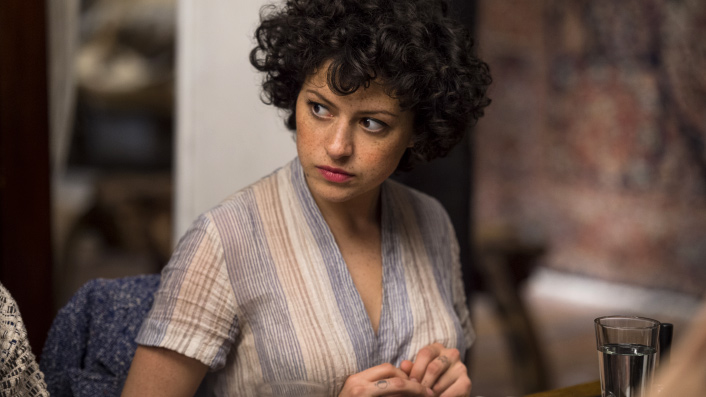
It’s also a well-earned gift of a role for Alia Shawkat, perhaps best known for playing Maeby in Arrested Development and party hound Tyler in last year’s film festival hit Animals. Shawkat’s role here as the sweet but directionless Dory places her in the shoes of a twenty-something who feels a painful lack of purpose in her life. It’s an all-too-familiar pain for Western Millennials raised by a culture that pushes a toxic lie: “This world is about you.”
Dory’s tight circle of pals abide by this false reality. The entrepreneurial Elliott, played by exceptionally funny comedian John Early, looks to out-woke everyone around him by charity-gramming his trip “helping” African children whilst using his cancer survivor story for extra sympathy points. He’s so about himself that he can’t stomach the idea of using the term “boyfriend” to describe his longtime partner.
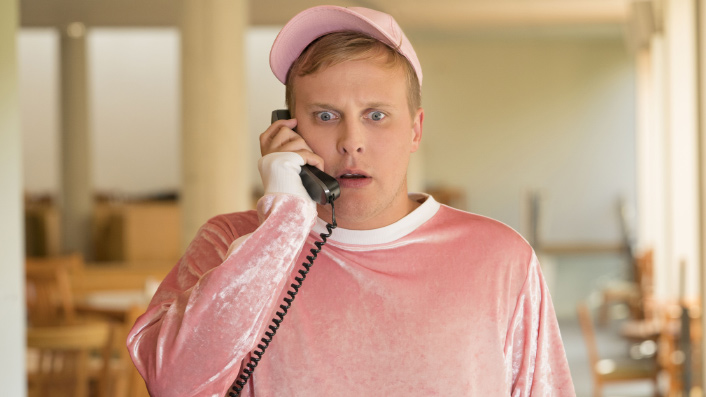
Elliott’s BFF and fellow socialite Portia, played wonderfully by Meredith Hagner, isn’t as self-centred though she does put far too much of her self-worth on a middling acting career. As a blonde blue-eyed white girl who blindly believes she’s “ethnically ambiguous” (a bogus crime show gave her the role of a Latina woman), Portia is tragically naive about the outside world.
While Elliott and Portia are stuck in the endless retweet rat race, Dory’s boyfriend Drew seems far too content on sacrificing his soul to corporate management as a shit-kicking intern. Played by John Reynolds (Stranger Things), who channels Jason Segel-level of schlub to great effect, Drew’s hierarchical work environment has him whip-trained not to rock the boat for the sake of a by-the-numbers career.
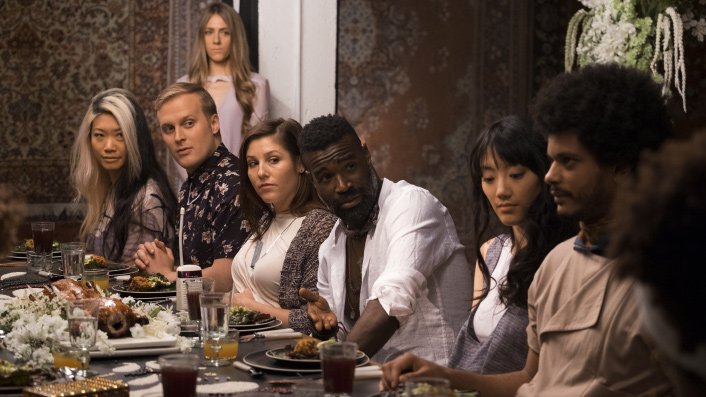
Needless to say, he’s not stoked with Dory’s boat-rocking attempt to find Chantal—especially given Dory’s flimsy reasons for doing so (“Chantal was… nice?”). Worse still, these four friends don’t seem all too capable of forming a solid search party. However, with the police unable/unwilling to help, the missing person mystery falls upon them. Or, should we say, Dory willingly falls onto it. After pushing her mates.
Thing is, Dory has good reason to believe Chantal’s alive even when Chantal’s own parents have given up hope. It all seems noble and the show’s initial appeal comes from following Dory’s clue-hunting. But there’s an extra hook: is there really more to Chantal’s disappearance or is Dory making molehills out of red herrings?

Just when you think you know where the series is going, season one wraps up in a way that defies conventions. What starts as a missing person mystery turns into something drastically different in season two, finding new ways to challenge the audience’s faith in Dory (Shawkat handles the character’s transformation with sublime subtlety).
Season three, again, takes the show and its characters into a different sub-genre, though more can’t be said without entering spoiler inception. Just imagine these seasons as different colours of Pringles tube.
While occasional episodes in season one goose-step into sudden moments of genuine suspense, following seasons take greater strides in tightening the tension. But even during its most damaging scenarios, Search Party continues to hopscotch its way through several shades of black comedy.
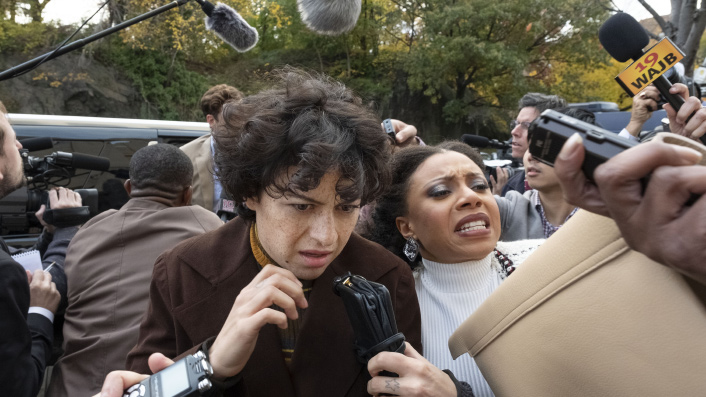
It doesn’t get more grimly hilarious than the sight of an a capella group earnestly sing Kelly Clarkson banger Since You’ve Been Gone at Chantel’s vigil. So in tune yet so tone-deaf, it’s a superb example of the show’s ability to dissect modern ignorance and expose the ‘me generation’ as a lifelong performance tailored to be like, shared and subscribed to.
When that false comfy reality collides with actual merciless reality, Search Party finds a brand new hook as it forces Dory and the gang into good lies, bad lies, good truths, bad truths, straight facts, and alternative facts. It truly is a product of the Trump era, but unlike that suited haemorrhoid currently in the Oval Office, the show’s characters earn your sympathy. Just… not necessarily at the same time.









